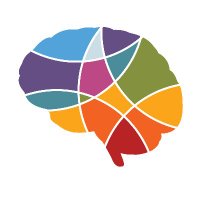
Structured Success
@StructuredSucc
ADHD Coach & Academic Strategist | Guiding ADHD, autistic, and neurodivergent clients through lived experience | they/her | #AuDHD | #ActuallyAutistic
ID:1235307709194354688
http://www.structuredsuccess.ca 04-03-2020 20:55:30
11,4K Tweets
58,9K Followers
433 Following
Follow People


















